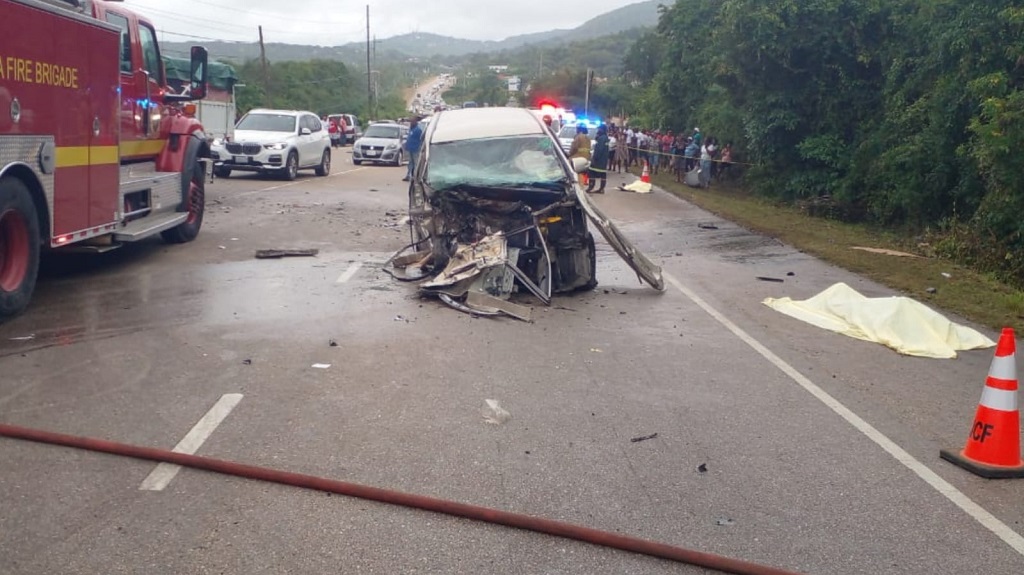
The Supreme Court has ruled against Cari-Med employees’ constitutional claim in their vaccine mandate challenge.
The court ruled on Friday that the constitutional rights of the employees challenging the company’s vaccine mandate were not breached. However, it found that there is adequate relief to be had in the law of contract, and they could seek their remedies in that context.
Cari-Med had mandated its employees to take one of the approved COVID-19 vaccines by October 4, or to present a negative PCR test every two weeks in order to be allowed to enter its facilities for work purposes.
Reports are that the employees filed a suit and asked the court to either strike down the policy or make exceptions to it.
In their suit they alleged breaches of the Constitution, arguing that the company could neither force them to be vaccinated nor force them to take PCR tests. As it relates to the PCR tests, the employees noted that they did not want to undergo a procedure that involved the insertion of instruments and substances into their bodies, which they did not wish to have inserted at all or with the frequency suggested by the company.
For its part, Cari-Med said it was concerned about its other employees who expressed that they were uncomfortable with the claimants’ position, particularly those employees with comorbidities.
When the dissenting five turned up for work on October 11, they were barred from entering the premises. They were paid to work from home in September, but they were not compensated for October as the company indicated that they did not earn their salaries.
Based on the evidence placed before it, the Supreme Court found that there were no breaches of the Constitution.
“The claimants have failed to establish what the law requires for constitutional relief to be granted. The court found that there is adequate relief to be had in the law of contract and they can seek their remedies in that context,” said the Court Administration Division in a statement on Friday.
The statement said that with constitutional relief having been refused, what remained was a dispute between employer and employee concerning the employment contract and that issue is to be tried, if it cannot be resolved by the parties themselves.









